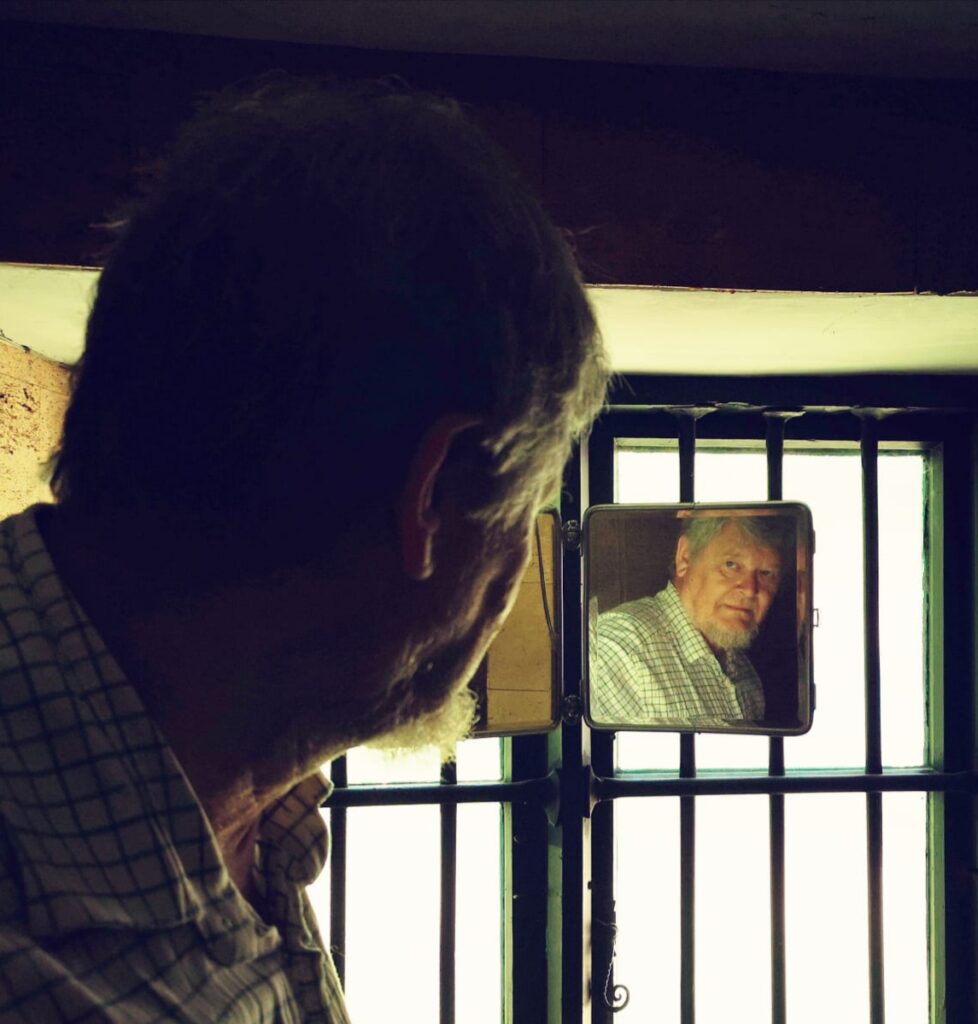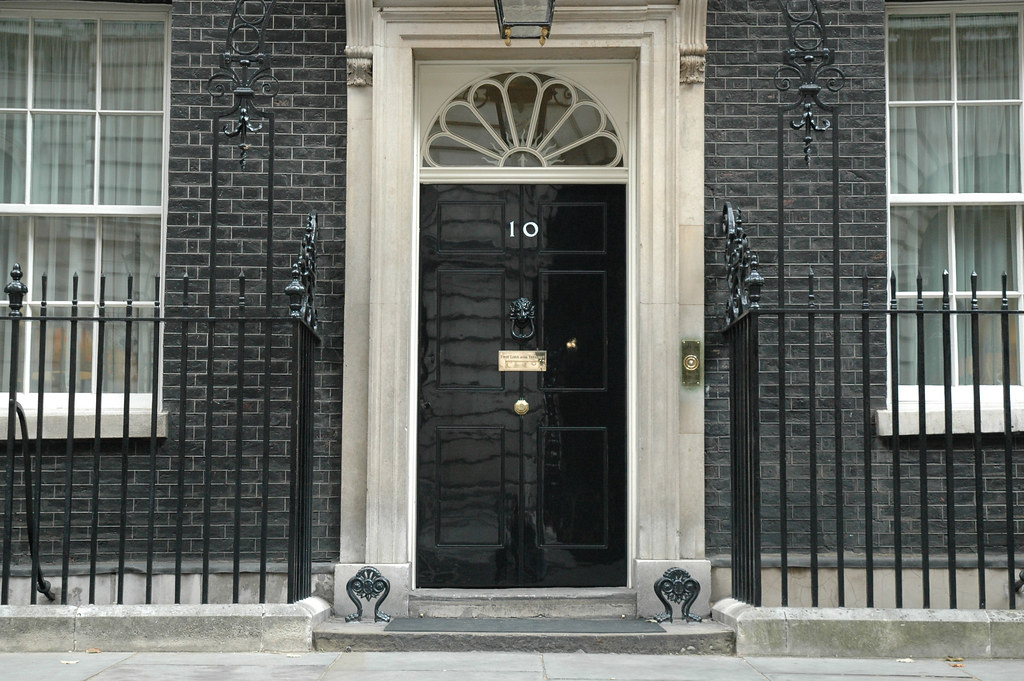08 September 2022
Lest We Forget
By J.R. Thomas

Politics is a cruel game and those who lose office are oft quickly forgotten. There is a famous photograph of Harold MacMillan, a year or so out of office from a premiership that had lasted over seven years, sitting on a tube train looking mournfully out of the window. Not one person on a bustling platform (other than the photographer) seemed to have recognised him.
So your correspondent would like to pay tribute to a Prime Minister who did his best, and in so doing brought joy and amusement, and a lot of joyful gossip, to his country. OK, he was not always surefooted, his achievements perhaps not as he had hoped, and although he was undoubtedly intellectually able there was a tendency to idleness, or at least to boredom with the mundane matters of political life, which did much to bring about his downfall. Easily distracted, always prone to gallop off to the country, and undeniably a man who enjoyed to the full of the pleasures of life, including a glass or two of something good. And of course, that dangerous weakness for a pretty girl and the perhaps inevitable side-effect, the financial and familial strain of a numerous ex’s and children. Will he in the end just be remembered for being the first Prime Minister to be both divorced and to remarry in office, quite a feat in a premiership lasting under three years?
What can give us comfort, certainly gave him comfort, is that he enjoyed another 41 years of life after stepping down as Premier, with a happy second marriage, an active interest in religious matters and doctrine, and much time spent on racecourses with his own string of thoroughbreds. What? Who? The third Duke of Grafton, of course, Augustus Fitzroy. Who did you think we were talking about?
The Duke became Prime Minister in 1767, aged 33, after a serious illness of Pitt the Elder, whose protégé he was, and although bright and intelligent, managed to hang on only until early 1770. There is, unlike others you might have confused him with, little evidence of him really wanting office, but he felt it his duty to serve. He found the job a bit of a nuisance, preferring to spend summers at his estate in Suffolk, and the winter seasons in London with a number of lady friends, not all of whom, you might say, were conventional choices for the friendship of a ducal person. Not surprisingly, his wife somewhat objected to this, and Grafton and she divorced, not at all the done thing at a time when infidelty was tolerated but only if kept discreetly behind the screens. The divorce was arranged by a private act of parliament in the hope of avoiding too much public tittletattle, but it did nothing to make Grafton popular either in court circles or politically, and he was subject to a number of widely circulated vitriolic public letters. Politically, he found himself increasingly out of sympathy with the Whig Party, of which he was leader, mainly over foreign affairs where the Duke was highly non-interventionist at a time when Britain’s world role was rapidly expanding.
Having left office in 1770 he returned to several cabinet positions but left politics in the 1780’s and faded from public attention. We suspect his comparator will not do likewise, but Boris is a wide reader of history and may yet follow Grafton’s example; it is perhaps not a bad example to follow.
Grafton was in office at a time when many premiers came and went; a time, like now, of great instability in politics as the Whig and Tory Parties were ceasing to be divided by distinct philosophies (the Whigs the aristocratic supporters of a constitutional monarchy with restricted powers; Tories the lesser gentry, absolutist Stuart and Cavalier supporters at least in their bones). The defeat of the 1745 rebellion which caused a fright when Bonnie Prince Charlie and his army reached Derby, but were then driven back to the Scottish Highlands and soundly defeated at Culloden, ended any serious support for the return of the Stuarts. Politics became divided by the very fact there was little to disagree about and became highly factionalised and personal, leading to a long period of instability and rapid changes of government; with much changing of sides by the leading players. That ended with the Napoleonic wars, one side effect of which was again to give the parties intellectual underpinnings, the Whigs beginning their slow evolution through industrialised liberalism into a radical Liberal Party, and the Tories evolving into the party of rural interests and old money, though often wrong footed by the Liberals.
Any reader who would like to refresh their history of British politics in the approach to universal sufferage might well enjoy a series of podcasts by Iain Dale, former Tory parliamentary aspirant and now leading political commentator. This is called “The Prime Ministers and Presidents” and began by a series of fifty five podcasts with Dale interviewing an expert (sometimes chosen somewhat eccentrically; Spencer Perceval is by a descendant of his assassin; David Cameron by Adam Boulton whose distaste for Cameron he makes no attempt to hide). Each is very well informed and often witty, as is Dale. They are broadcast in no especial order.
They are easily accessible by Spotify or other podcast hoster, and were recommended to me by a reader of this journal; I pass on his recommendation to you. By the end you will have a wonderful overview of British politics since Robert Walpole and, moreover, understand that there is nothing new under the sun when it comes to unstable politics and characterful leaders.


